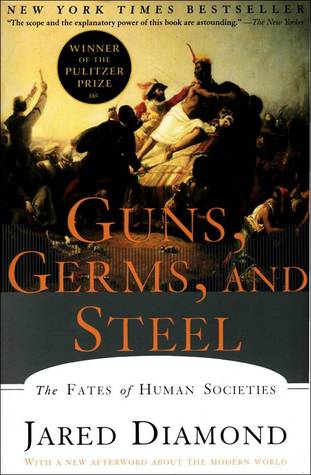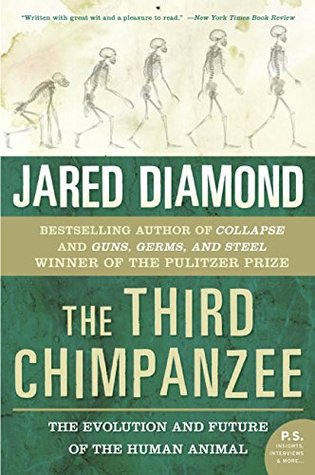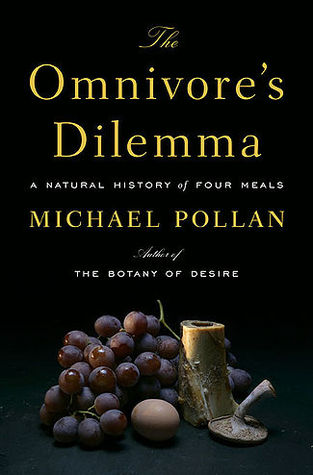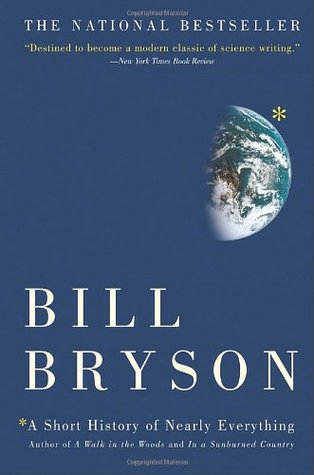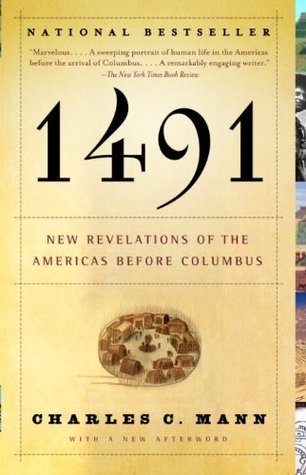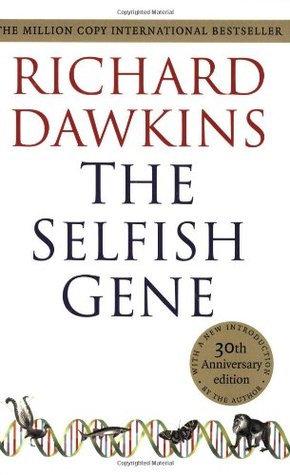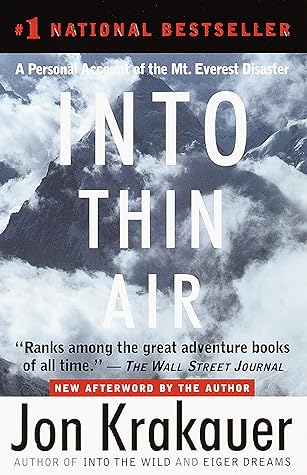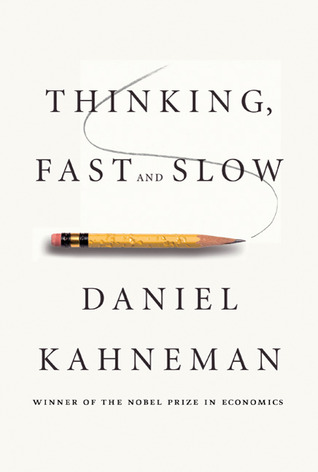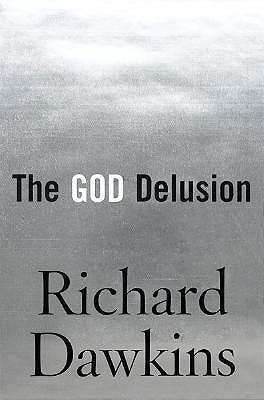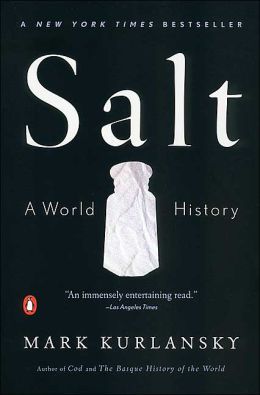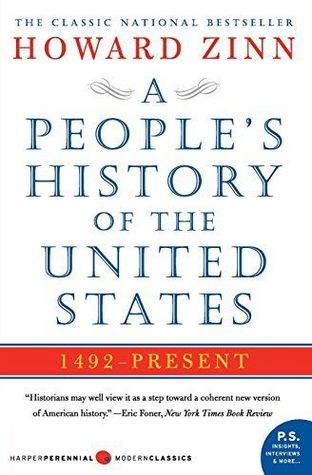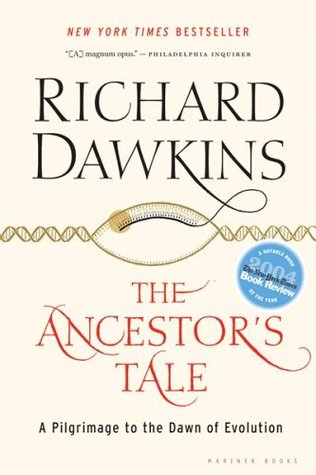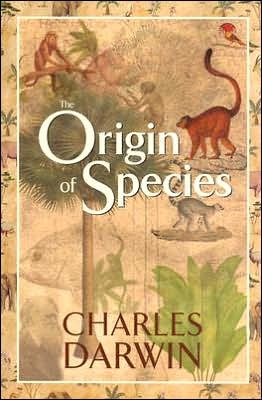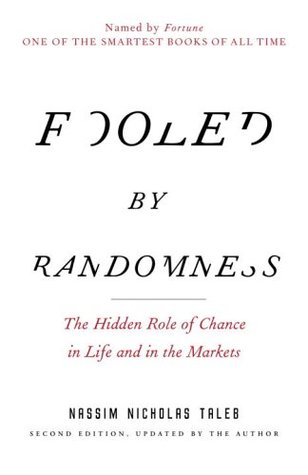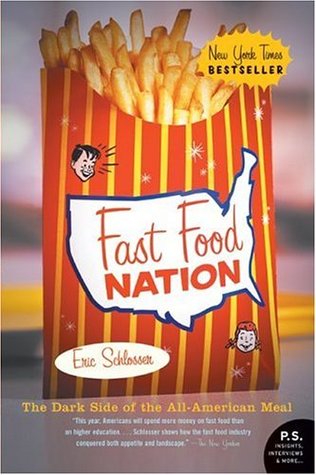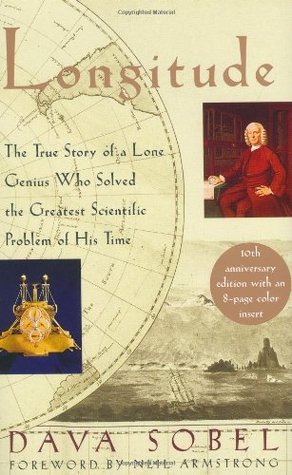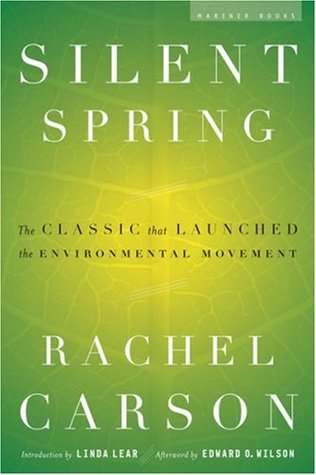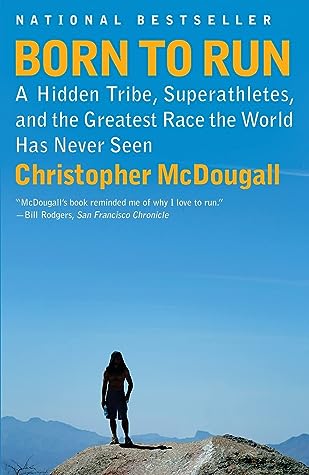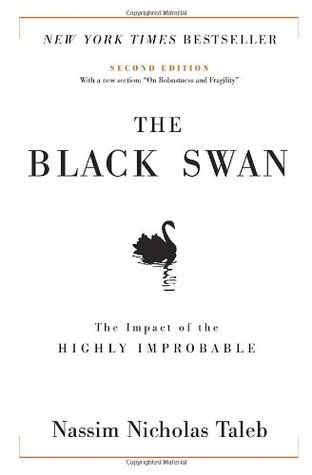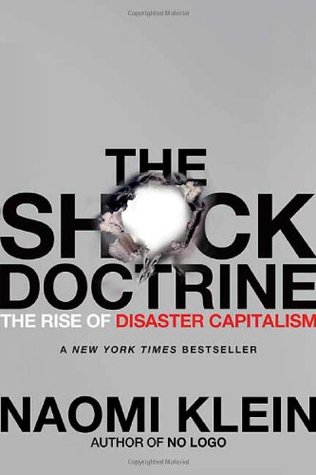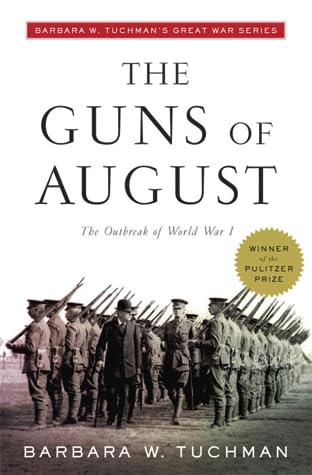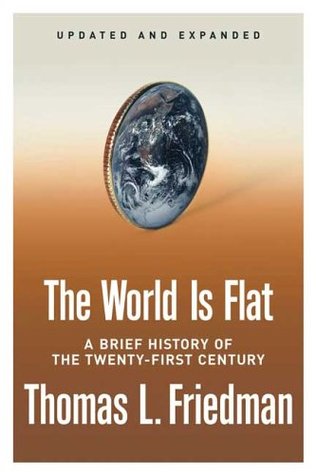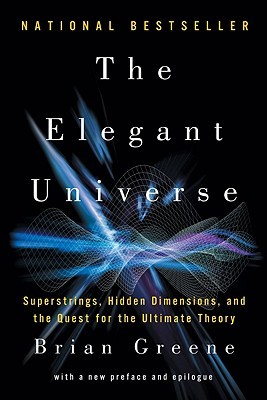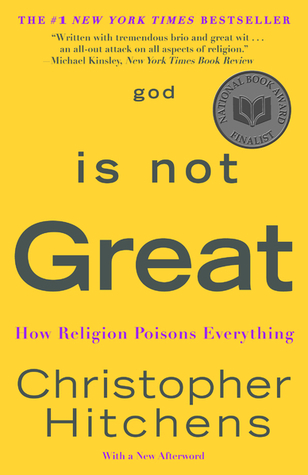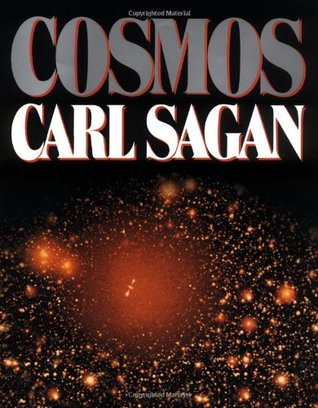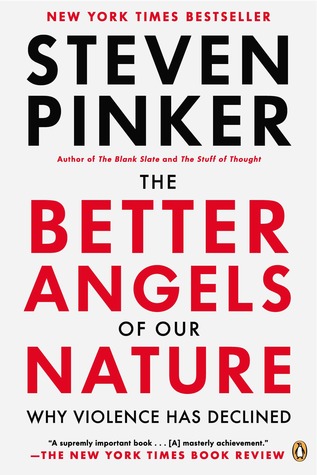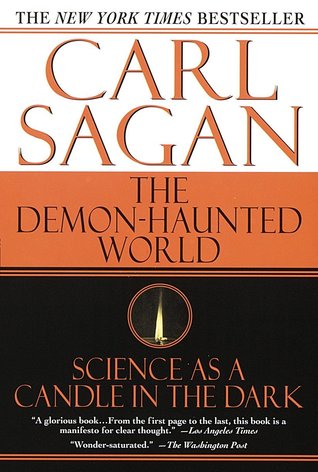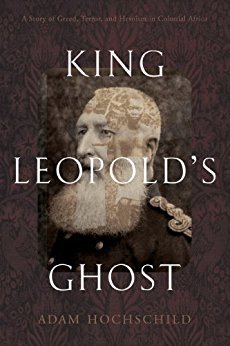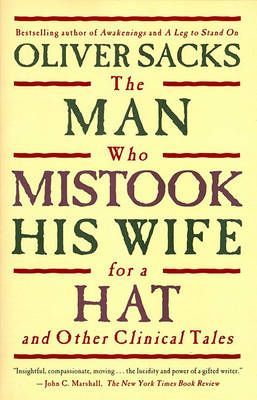Powered by a book like {foo}
Recommendations based on Collapse: How Societies Choose to Fail or Succeedby Jared Diamond
* statistically, based on millions of data-points provided by fellow humans
Guns, Germs, and Steel: The Fates of Human Societies
by Jared Diamond
Tracing the origins of human civilizations through the lens of geography, technology, and biology.
"Diamond has written a book of remarkable scope ... one of the most important and readable works on the human past published in recent years." Winner of the Pulitzer Prize and a national bestseller: ... (Goodreads)
The Third Chimpanzee: The Evolution and Future of the Human Animal
by Jared Diamond
Study of the evolution and history of the human species, exploring its relationship with other primates.
At some point during the last 100,000 years, humans began exhibiting traits and behavior that distinguished us from other animals, eventually creating language, art, religion, bicycles, spacecraft, ... (Goodreads)
The Omnivore's Dilemma: A Natural History of Four Meals
by Michael Pollan
Exploration of the modern food chain, examining the impact of food choices on our health and the environment.
What should we have for dinner? The question has confronted us since man discovered fire, but according to Michael Pollan, the bestselling author of The Botany of Desire , how we answer it today, at ... (Goodreads)
A Short History of Nearly Everything
by Bill Bryson
A captivating overview of the natural sciences, spanning the history of the universe.
In Bryson's biggest book, he confronts his greatest challenge: to understand—and, if possible, answer—the oldest, biggest questions we have posed about the universe and ourselves. Taking as territory ... (Goodreads)
1491: New Revelations of the Americas Before Columbus
by Charles C. Mann
Re-examination of the pre-Columbian Americas, uncovering new evidence of its history.
In this groundbreaking work of science, history, and archaeology, Charles C. Mann radically alters our understanding of the Americas before the arrival of Columbus in 1492.,Contrary to what so many ... (Goodreads)
The Selfish Gene
by Richard Dawkins
A study of evolutionary biology, exploring how genes act and how they impact behavior.
Inheriting the mantle of revolutionary biologist from Darwin, Watson, and Crick, Richard Dawkins forced an enormous change in the way we see ourselves and the world with the publication of The ... (Goodreads)
Into Thin Air: A Personal Account of the Mount Everest Disaster
by Jon Krakauer
A gripping narrative of the 1996 expedition on Mount Everest that resulted in tragedy.
When Jon Krakauer reached the summit of Mt. Everest in the early afternoon of May 10, 1996, he hadn't slept in fifty-seven hours and was reeling from the brain-altering effects of oxygen depletion. ... (Goodreads)
Thinking, Fast and Slow
by Daniel Kahneman
An exploration of the two systems of the mind, and how they influence decision-making.
In the highly anticipated Thinking, Fast and Slow , Kahneman takes us on a groundbreaking tour of the mind and explains the two systems that drive the way we think. System 1 is fast, intuitive, and ... (Goodreads)
The God Delusion
by Richard Dawkins
Scientific exploration of the evidence for and against religious belief.
A preeminent scientist - and the world's most prominent atheist - asserts the irrationality of belief in God, and the grievous harm religion has inflicted on society, from the Crusades to 9/11. With ... (Goodreads)
Salt: A World History
by Mark Kurlansky
Comprehensive overview of the influence of salt on human society, from ancient times to the present.
In his fifth work of nonfiction, Mark Kurlansky turns his attention to a common household item with a long and intriguing history: salt. The only rock we eat, salt has shaped civilization from the ... (Goodreads)
A People's History of the United States
by Howard Zinn
An examination of American history from a perspective of marginalized people.
In the book, Zinn presented a different side of history from the more traditional "fundamental nationalist glorification of country". Zinn portrays a side of American history that can largely be seen ... (Goodreads)
The Ancestor's Tale: A Pilgrimage to the Dawn of Evolution
by Richard Dawkins
A journey through the history of life on Earth, tracing the emergence of species.
The renowned biologist and thinker Richard Dawkins presents his most expansive work yet: a comprehensive look at evolution, ranging from the latest developments in the field to his own provocative ... (Barnes & Noble)
The Origin of Species
by Charles Darwin
Comprehensive scientific exploration of the evolution of species and the natural world.
Darwin's theory of natural selection issued a profound challenge to orthodox thought and belief: no being or species has been specifically created; all are locked into a pitiless struggle for ... (Goodreads)
Fooled by Randomness: The Hidden Role of Chance in Life and in the Markets
by Nassim Nicholas Taleb
A critical examination of the impact of randomness/chance in life and financial markets.
Fooled by Randomness, is a standalone book in Nassim Nicholas Taleb’s landmark Incerto series, an investigation of opacity, luck, uncertainty, probability, human error, risk, and decision-making in a ... (Goodreads)
Fast Food Nation: The Dark Side of the All-American Meal
by Eric Schlosser
An exploration of the industrial food system and its effects on U.S. society.
Fast food has hastened the malling of our landscape, widened the chasm between rich and poor, fueled an epidemic of obesity, and propelled American cultural imperialism abroad. That's a lengthy list ... (Goodreads)
The Prince
by Niccolò Machiavelli
A timeless political treatise on the art of acquiring and maintaining power.
Machiavelli needs to be looked at as he really was. Hence: Can Machiavelli, who makes the following observations, be Machiavellian as we understand the disparaging term? 1. So it is that to know the ... (Goodreads)
Longitude: The True Story of a Lone Genius Who Solved the Greatest Scientific Problem of His Time
by Dava Sobel
Story of a man's determination to solve the complex problem of determining longitude at sea.
Anyone alive in the eighteenth century would have known that "the longitude problem" was the thorniest scientific dilemma of the day—and had been for centuries. Lacking the ability to measure their ... (Goodreads)
Silent Spring
by Rachel Carson
Expose of the environmental damage caused by the widespread use of chemical pesticides.
Silent Spring is an environmental science book. The book documents the adverse environmental effects caused by the indiscriminate use of pesticides. Carson accused the chemical industry of spreading ... (Goodreads)
Born to Run: A Hidden Tribe, Superathletes, and the Greatest Race the World Has Never Seen
by Christopher McDougall
A thrilling exploration of the Tarahumara tribe and their superhuman running abilities.
Full of incredible characters, amazing athletic achievements, cutting-edge science, and, most of all, pure inspiration, Born to Run is an epic adventure that began with one simple question: Why does ... (Goodreads)
The Black Swan: The Impact of the Highly Improbable
by Nassim Nicholas Taleb
A study of the role of randomness in life, and how it can lead to unexpected events.
A black swan is a highly improbable event with three principal characteristics: It is unpredictable; it carries a massive impact; and, after the fact, we concoct an explanation that makes it appear ... (Goodreads)
The Shock Doctrine: The Rise of Disaster Capitalism
by Naomi Klein
Examination of the exploitation of economic crises and shock tactics by governments and corporations.
In her ground-breaking reporting from Iraq, Naomi Klein exposed how the trauma of invasion was being exploited to remake the country in the interest of foreign corporations. She called it "disaster ... (Goodreads)
The Guns of August
by Barbara W. Tuchman
A riveting account of the events leading up to World War I and its devastating consequences.
Selected by the Modern Library as one of the 100 best nonfiction books of all time The Proud Tower, the Pulitzer Prize–winning The Guns of August, and The Zimmerman Telegram comprise Barbara W. ... (Goodreads)
The World Is Flat: A Brief History of the Twenty-first Century
by Thomas L. Friedman
An exploration of the rapid globalization of the world, and the implications of this shift.
When scholars write the history of the world twenty years from now, and they come to the chapter Y2K to March 2004 , what will they say was the most crucial development? The attacks on the World ... (Goodreads)
The Elegant Universe: Superstrings, Hidden Dimensions, and the Quest for the Ultimate Theory
by Brian Greene
Exploring the hidden realms of physics, in pursuit of a unified theory of nature.
Brian Greene, one of the world's leading string theorists, peels away the layers of mystery surrounding string theory to reveal a universe that consists of eleven dimensions, where the fabric of ... (Goodreads)
God Is Not Great: How Religion Poisons Everything
by Christopher Hitchens
Criticism of organized religion, arguing it is the root of much suffering in the world.
With his unique brand of erudition and wit, Hitchens describes the ways in which religion is man-made. "God did not make us," he says. "We made God." He explains the ways in which religion is ... (Goodreads)
Cosmos
by Carl Sagan
Voyage through the vastness of space, unlocking the mysteries of the universe.
Cosmos has 13 heavily illustrated chapters, corresponding to the 13 episodes of the Cosmos television series. In the book, Sagan explores 15 billion years of cosmic evolution and the development of ... (Goodreads)
The Better Angels of Our Nature: Why Violence Has Declined
by Steven Pinker
Investigation into the causes of violence and the reasons why it has decreased in modern society.
Believe it or not, today we may be living in the most peaceful moment in our species' existence. In his gripping and controversial new work, New York Times bestselling author Steven Pinker shows that ... (Goodreads)
The Demon-Haunted World: Science as a Candle in the Dark
by Carl Sagan
A critical look at superstition and pseudoscience, advocating for the power of science and reason.
How can we make intelligent decisions about our increasingly technology-driven lives if we don’t understand the difference between the myths of pseudoscience and the testable hypotheses of science? ... (Goodreads)
King Leopold's Ghost
by Adam Hochschild
A harrowing account of the colonization of the Congo and the exploitation of its people.
In the 1880s, as the European powers were carving up Africa, King Leopold II of Belgium seized for himself the vast and mostly unexplored territory surrounding the Congo River. Carrying out a ... (Goodreads)
The Man Who Mistook His Wife for a Hat and Other Clinical Tales
by Oliver Sacks
A collection of case studies, illustrating extraordinary neurological phenomena.
If a man has lost a leg or an eye, he knows he has lost a leg or an eye; but if he has lost a self—himself—he cannot know it, because he is no longer there to know it. Dr. Oliver Sacks recounts the ... (Goodreads)
